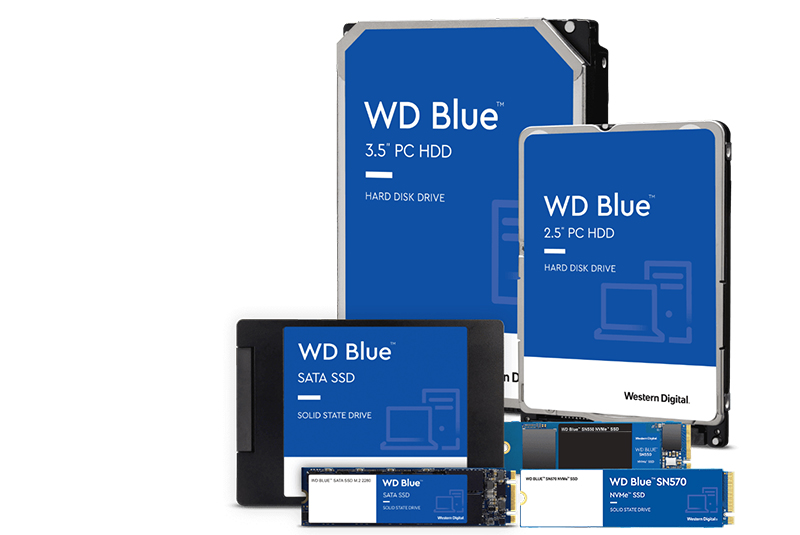Hard disk (HDDs) v/s solid-state drives (SSDs)
Hard disk drives (HDDs) and solid-state drives (SSDs) are both storage devices used in computers, but they differ significantly in terms of technology, performance, and price. Here’s a comparison between the two:
- Technology:
- HDD: HDDs store data on spinning magnetic disks (platters) coated with a magnetic material. Data is read and written using a mechanical arm with a read/write head that moves across the spinning disk.
- SSD: SSDs use flash memory chips to store data. There are no moving parts involved in reading or writing data, which makes them more resistant to physical shock and less prone to mechanical failure.
- Performance:
- HDD: HDDs are slower compared to SSDs. The speed at which data can be accessed depends on the rotational speed of the disk (measured in RPM) and the seek time of the mechanical arm.
- SSD: SSDs offer much faster read and write speeds compared to HDDs. They can significantly improve system boot times, application loading times, and overall system responsiveness.
- Durability and Reliability:
- HDD: HDDs are more susceptible to damage from physical shocks and movement since they have moving parts. They also have a limited lifespan due to wear and tear on the mechanical components.
- SSD: SSDs are more durable and reliable because they have no moving parts. They are less prone to failure due to physical shock and have a longer lifespan compared to HDDs.
- Price:
- HDD: HDDs are generally cheaper per gigabyte compared to SSDs. This makes them a more cost-effective option for large storage capacities.
- SSD: SSDs are more expensive per gigabyte compared to HDDs. However, the price of SSDs has been decreasing over time, making them more affordable for consumers.
- Noise and Power Consumption:
- HDD: HDDs produce noise during operation due to the spinning disks and moving mechanical components. They also consume more power compared to SSDs.
- SSD: SSDs are silent during operation since they have no moving parts. They also consume less power compared to HDDs, which can lead to better battery life in laptops and lower electricity bills in desktops.
In summary, SSDs offer faster performance, greater durability, and lower power consumption compared to HDDs, but they tend to be more expensive. HDDs are slower and less durable but offer larger storage capacities at a lower cost. The choice between HDD and SSD depends on factors such as budget, performance requirements, and storage needs. Many users opt for a combination of both, using an SSD for the operating system and frequently accessed files, and an HDD for mass storage of less frequently accessed data.


